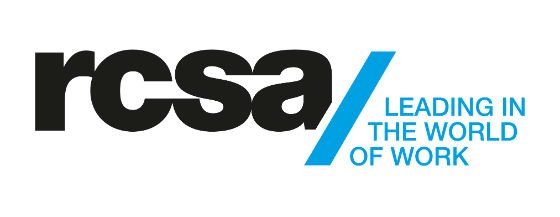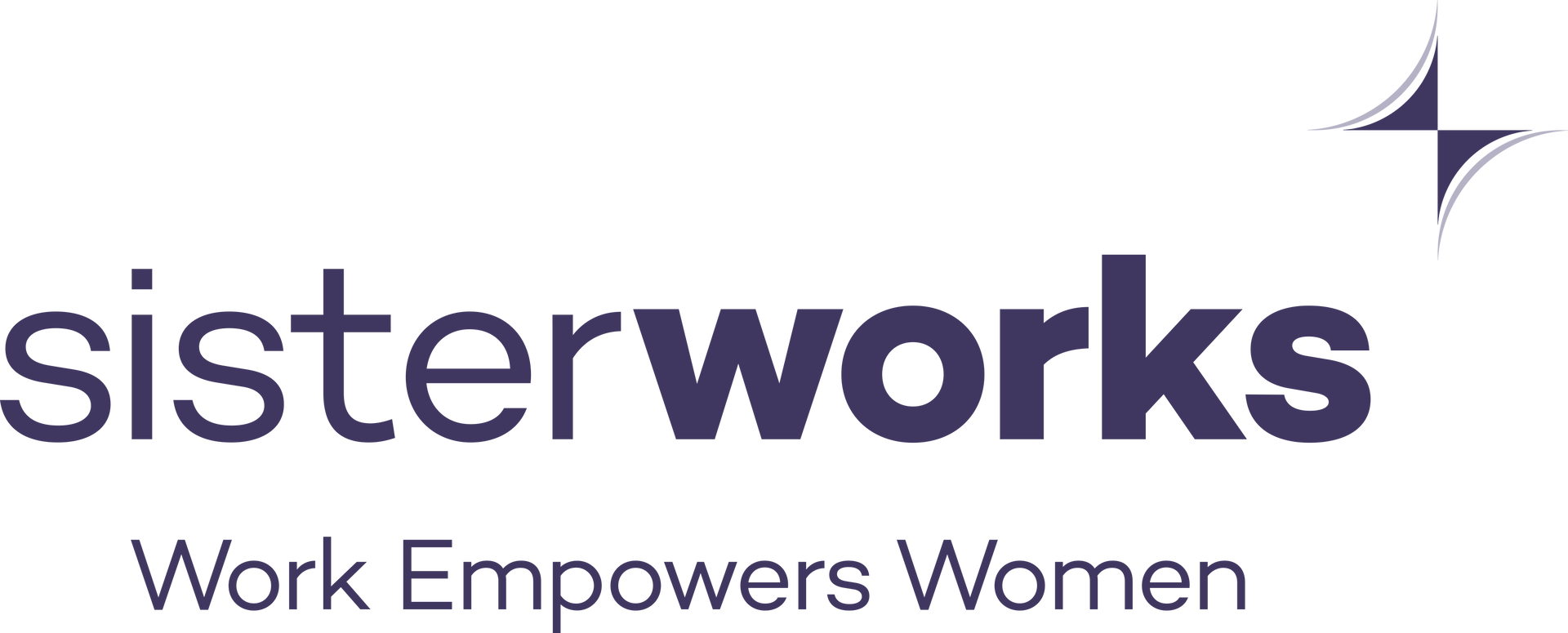Uncovering the hidden talent pool for exceptional lawyers
Uncovering the hidden talent pool for exceptional lawyers

In this article we discuss the challenges law firms face in competing for talented lawyers. We share tips for extending your organisations available talent pool to build a productive and high-performing team. Keep reading to find out how to uncover the hidden talent pool for legal talent.
The Australian legal industry continues to face a period of high demand for legal talent. This competitive landscape makes attracting and retaining top talent a challenge. Over time law firms have competed for graduates, young lawyers, and those with 3+ PAE experience at each other’s expense. This talent pool is limited in numbers, and it just might be time to consider discovering candidates outside the limitations of that particular box.
There are many areas of untapped talent in Australian that can bring unique skills, life experience and perspective to your firm. In these times where companies are looking to improve productivity, diversity, and inclusion, considering extending your available talent pool can only help your cause.
1. Candidates with relevant transferrable skills
Lawyers have many relevant transferrable skills that can often be overlooked by potential employers when they are narrowing down a short list for interview. Asking for an applicant to have the perfect match of specialisation, or experience within an identical firm size or type can be a challenge in these competitive times.
An example of a relevant transferrable might be a property lawyer who is interested in making the move to family law. Their skills and understanding of property issues, settlements and tax liabilities can be highly relevant in negotiating financial settlements.
Lawyers that have worked private practice, can (and have been known to) transfer these skills to government or in-house. This also works in reverse, although can be more difficult.
To understand a candidate’s transferrable skills, at Legal People we take time to review a candidate’s work history, experience, LinkedIn profile and their resume. We also discuss with an applicant their strengths and weaknesses and career goals to gain insights into transferrable skills that might be understated or not represented at all.
To attract lawyers with transferrable skills, employers should consider expanding their recruitment brief to find the right cultural fit with the right skills and experience. Keeping an open mind can bring in a wide range of skills and experience and add value to your firm.
2. Passive candidates
These are individuals who are currently employed but may be open to new opportunities if they are presented with the right offer.
At Legal People we reach out to these types of candidates regularly to touch base and see whether they would be open to new opportunities. Often this is done via LinkedIn, email or over the phone.
Passive candidates can be attracted to firms who invest in a thriving organisational culture. This tends to generate a great word of mouth reputation from your existing employees.
3. Highly flexible candidates
Some potential employees have the need for a high level of flexibility outside the usual law firm working hours. They might need to do an early start to cater for childcare arrangements. They may need a day from home to help elderly parents. They might need a nine-day fortnight for reasons of self-care. (Or to play golf, practise yoga or volunteer for a charity!)
Exploring all possibilities in terms of flexibility can help you attract lawyers to your firm. Consider offering contract roles, part-time working arrangements, early starts, condensed working weeks, additional leave or hybrid working arrangements. If your organisations explores the full gamut of possible flexible working arrangements, you may be surprised as to the calibre of talent you attract.
4. Geographically remote candidates
Remote and rural areas of Australia may be overlooked in traditional law firm recruitment efforts, but they can offer a wealth of talented candidates. The transition to remote working during the pandemic has removed many of the barriers to hiring someone from interstate or even regional areas.
To access geographically remote talent pools, ensure that your firm continues to leverage digital technologies to offer remote work arrangements. This can allow employees to work from home or from satellite offices, while still collaborating effectively with colleagues and clients via MS teams, Webex, Zoom and other readily available collaboration software. A firm could also consider offering relocation assistance to help to attract top talent from remote areas.
Accessing hidden talent pools can provide your organisation with a competitive advantage. Often exploring alternative recruitment and talent attraction strategies, even if they feel challenging, will be worth the effort. You may just find that by exploring all flexible working arrangements, considering transferrable skills, geographically remote candidates and even those who are not currently looking for a role, you can fill your available role and provide organisational benefits you were not expecting!
By keeping an open mind and providing flexible work arrangements, a law firm can attract a diverse range of skilled professionals and build a high-performing team.
Should you need help recruiting talented legal professionals for your business, or a confidential career discussion please get in touch at info@legalpeople.com.au. We are specialists in the Legal Industry. We recruit Lawyers, Support staff and HR professionals in Melbourne, Australia.














